JCPOA parties need to show flexibility to revive nuclear deal: United Nations
The spokesman of Secretary-General of the United Nations António Guterres says an agreement on the revival of the 2015 nuclear deal requires “flexibility” from the parties, saying Guterres continues to support the agreement clinched between Iran and the world's powers.
Stéphane Dujarric made the remarks while addressing a press briefing on Monday amid protracted talks to restore the multilateral deal, formally known as the Joint Comprehensive Plan of Action (JCPOA).
“For him, I think what’s important is that all of the parties to the JCPOA demonstrate some flexibility, which is going to be required if you’re going to reach a compromise on the last remaining issues and return to the full implementation of the plan and [UN] resolution 2231 (2015) without any further delay,” he said.
“Everybody has a different role to play,” Dujarric said, explaining that the UN’s nuclear watchdog, the International Atomic Energy Agency (IAEA), is involved in an aspect of the nuclear discussions and that IAEA Director-General Rafael Grossi is “deeply involved on behalf, shall we say, of the United Nations’ system.”
He also said Guterres, for his part, has had discussions with a number of the JCPOA parties, including a recent phone call with Iranian Foreign Minister Hossein Amir-Abdollahian.
“He (Guterres) continues to have those discussions. He continues to be briefed from different parties,” Dujarric said.
The UN chief has always been a “strong proponent” of the JCPOA and he would continue to support the deal, the spokesman said.
The UN chief’s expression of support for the JCPOA comes ahead of Iranian President Ebrahim Raeisi’s scheduled trip to New York next week to address the UN General Assembly, where he is expected to reiterate Iran’s position on the deal and Washington’s illegal sanctions against Tehran.
The United States, under former President Donald Trump, abandoned the JCPOA in May 2018 and reinstated unilateral sanctions that the agreement had lifted.
The talks to salvage the agreement kicked off in the Austrian capital city of Vienna in April last year, months after Joe Biden succeeded Trump, with the intention of examining Washington’s seriousness in rejoining the deal and removing anti-Iran sanctions.
Despite notable progress, the US’s indecisiveness and procrastination caused multiple interruptions in the marathon talks.
An adviser to Iranian negotiators at the Vienna talks said on Sunday that there could have been a deal on reviving the JCPOA months ago if the United States and its European allies had not “dragged their feet.”
“If the US/E3 had not dragged their feet in Vienna, there could have been a deal months ago. The current text was achievable long ago,” Mohammad Marandi wrote on his Twitter account.
In recent weeks, there have been unfruitful, indirect exchanges of responses between Tehran and Washington over an EU draft proposal on restoring the JCPOA, with Iranian officials urging their American counterparts to show “realism” and “flexibility” in order to secure a deal.
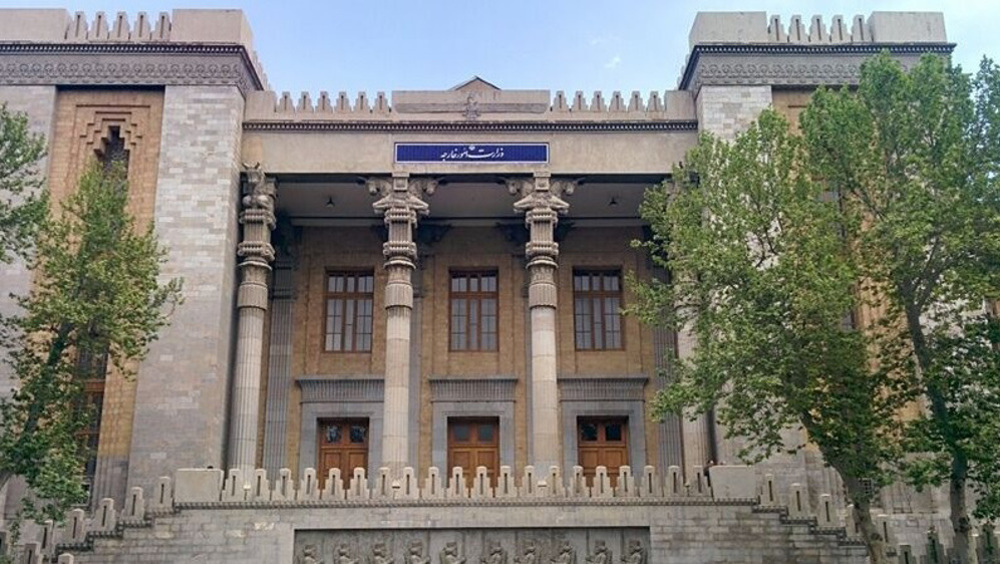
Iran summons Polish envoy over 'baseless, biased' drone claims
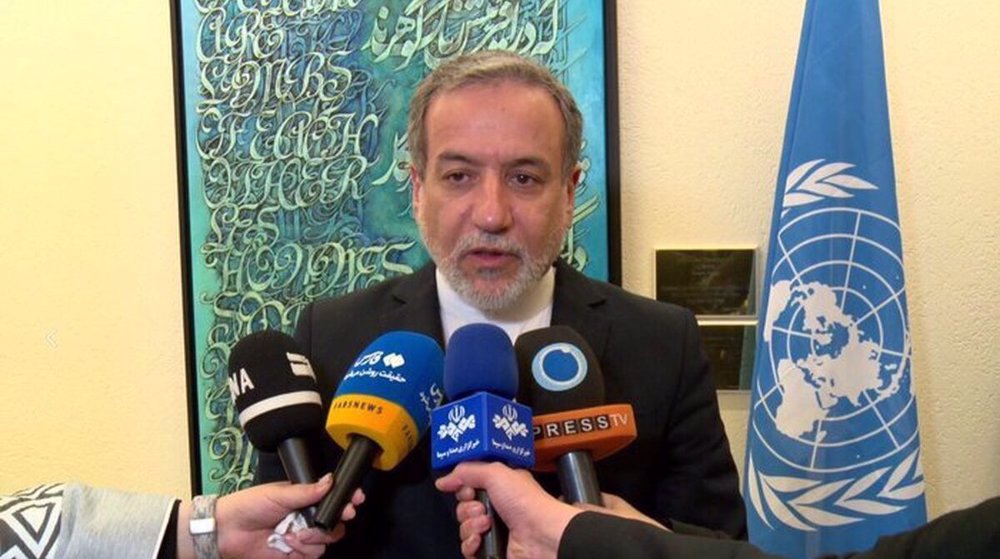
‘Misguided policies’: Araghchi says unjust sanctions inflict suffering on innocent Iranians
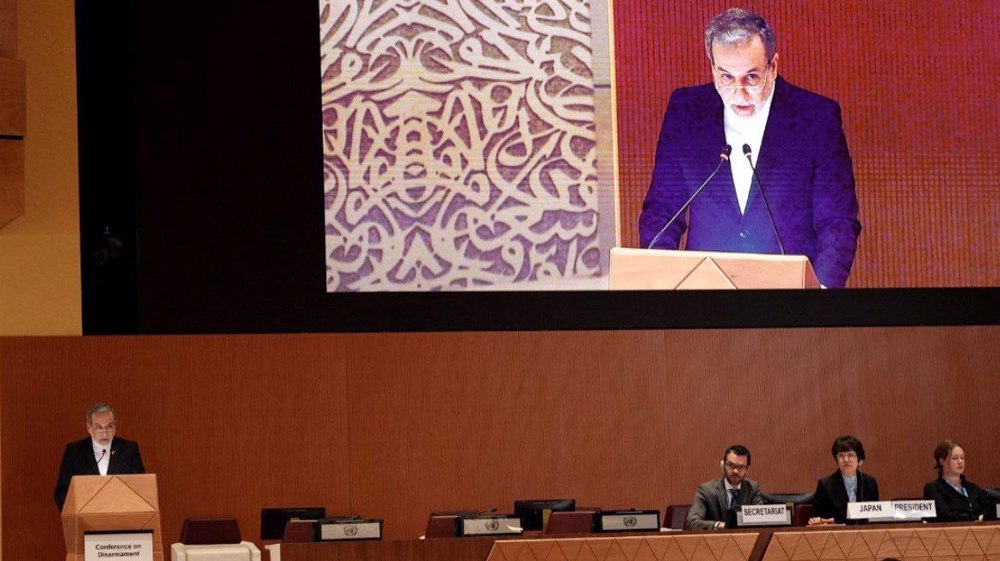
‘Grave threat’: Iran says Israel’s nukes endangering world, blasts US nuclear spending spree
Hezbollah's display of power proved resistance cannot be eliminated: Iran parl. speaker
Israel escalates West Bank raids as official says regime seeking to complete Gaza genocide
Australian senator smeared by anti-Iran groups for saying Iranian women 'have a voice'
Palestinian man dies in Israeli prison as Foreign Ministry urges intl. probe into regime’s crimes
Putin says not opposed to Europeans’ involvement in Ukraine talks
VIDEO | Iranian Kurdish protesters demand European action against PKK, PJAK terror
VIDEO | Israel expands offensive in northern West Bank, deploys tanks to Jenin
VIDEO | Spaniards fill streets of Cádiz in solidarity with Palestine


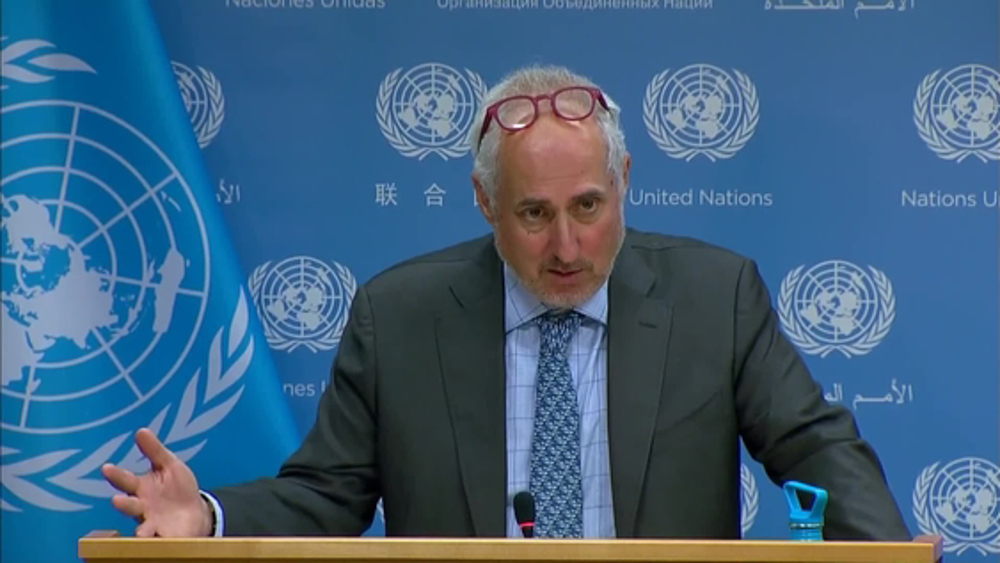
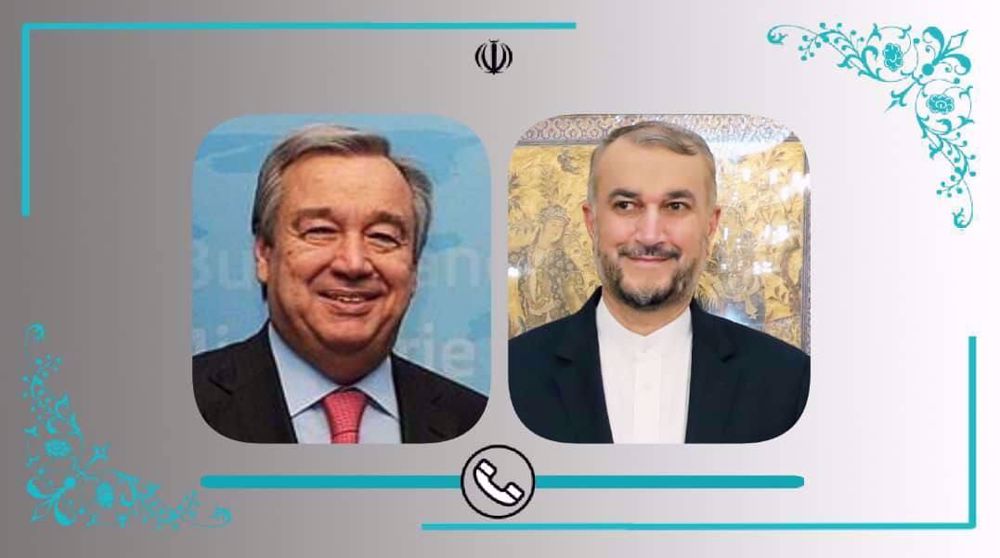
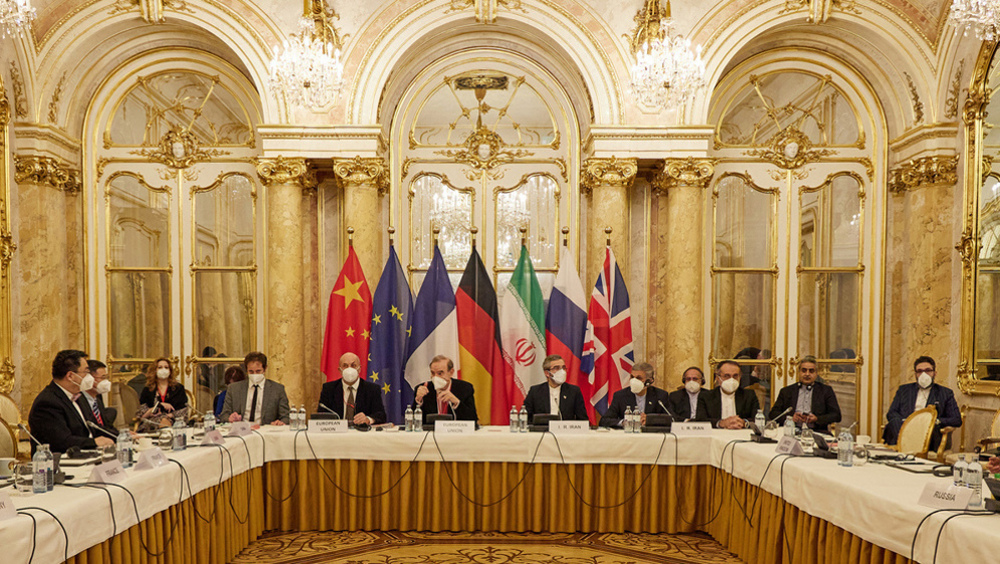




 This makes it easy to access the Press TV website
This makes it easy to access the Press TV website